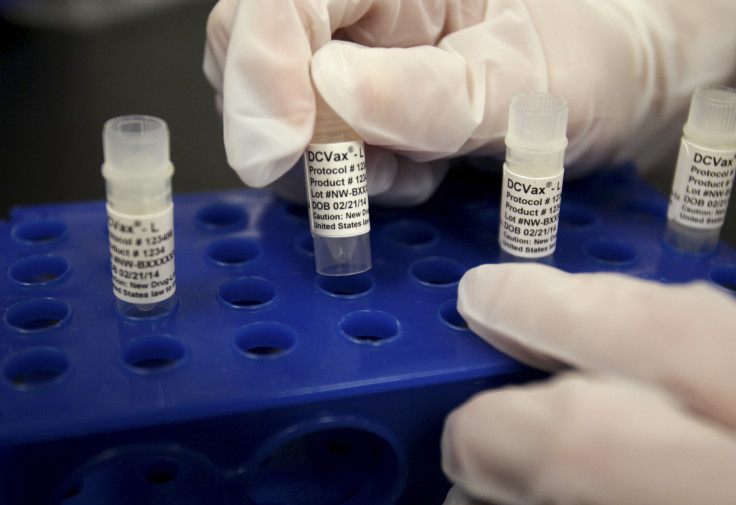Cancer tests based on gene studies give inaccurate results

Cancer patients might be getting inaccurate information from DNA analyses done incompletely, exposing them to unnecessary side-effects of drugs and a financial burden, says a new study.
Most clinics sequence only the tumour DNA and do not compare those sequences to DNA taken from a patient's normal tissue, missing out on crucial details
Researchers at Johns Hopkins University School of Medicine and the Personal Genome Diagnostics testing company who did the elaborate comparison and analysis showed that almost a third of the cases that tested positive were false alarms where the genes actually had nothing to do with cancer growth.
The team looked at genetic test results from 815 cancer patients and specifically looked for alterations in 111 genes believed to be involved in the development of cancers.
They found more than 100,000 different changes in the genes from the patients' tumour, with an average of just over 4.3 mutations but going as high as 29 distinct mutations in some.
They then looked at a subset of patients to see how often the changes in tumour genes occurred in the patients' normal tissue as well. Almost a third of the variants was false positives and found in both the malignant and the normal tissue, implying they could have nothing to do with driving the cancer growth.
That is because some mutations may reflect normal random variation and not lead to malignant growth.
The team also sequenced all protein-coding genes in a sample and found about two-thirds of the mutations found were false positives.
"The reality is you can't have precision medicine without having precision genomics," says Victor Velculescu, a cancer biologist at Johns Hopkins University in Baltimore, Maryland, and lead author of the study. "And you can't expect to put patients on the right therapy if you can't correctly analyse the tumour. It's just not going to work."
Velculescu likens this analysis and comparison to the control aspect of an experiment which rules out random mistakes.
With companies focused on churning out drugs that target specific cancer-causing mutations, identifying the disease causing mutations becomes important to avoid unnecessary medication that comes with health and fiscal costs.
Some of the chemotherapy drugs prescribed by such false positive genetic tests include ruxolitinib and everolimus costing $7000 or more for a month's supply, writes the Scientific American.
However, sequencing normal and tumour tissues costs more money and requires patient education, says Michael Berger, a cancer researcher at Memorial Sloan Kettering Cancer Center in New York, where a programme has so far analysed DNA from the tumours and normal tissue of more than 4,000 patients, focusing on a set of 400 genes.
© Copyright IBTimes 2025. All rights reserved.





















